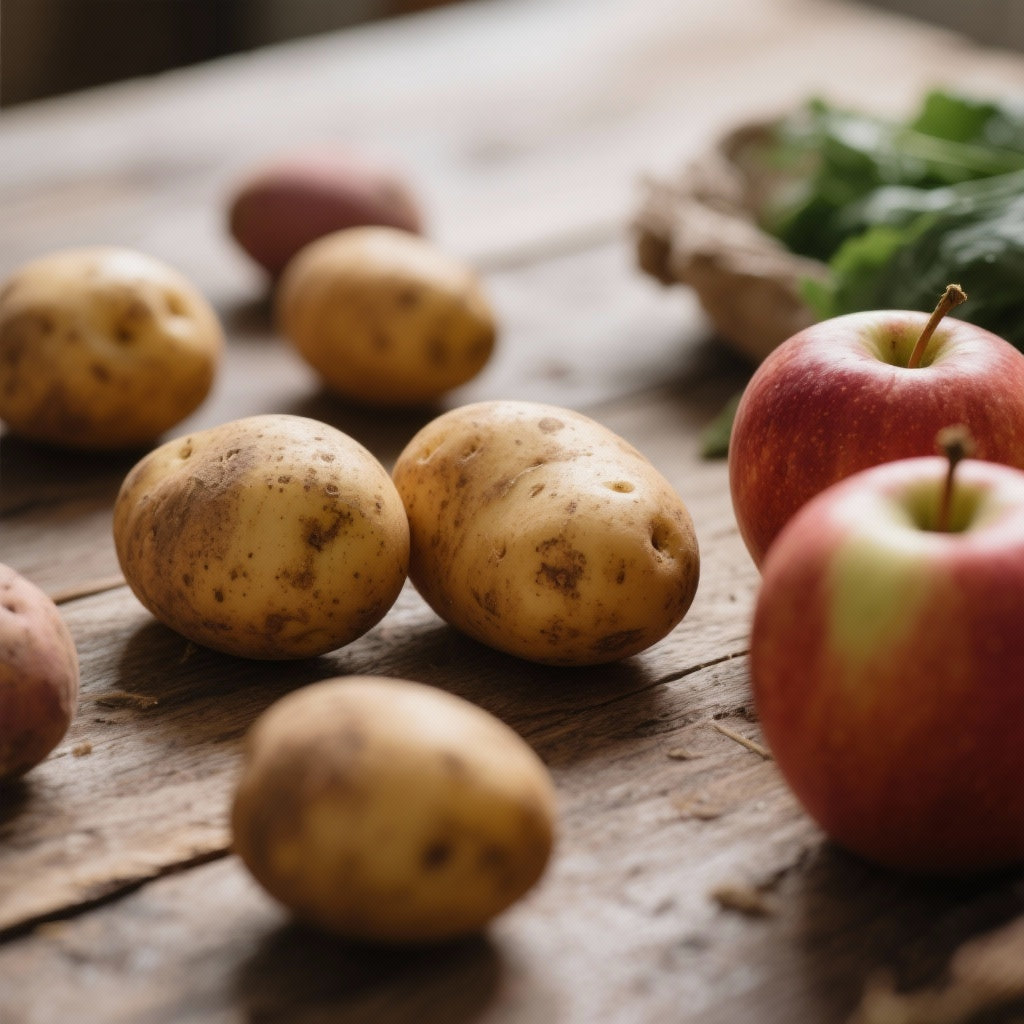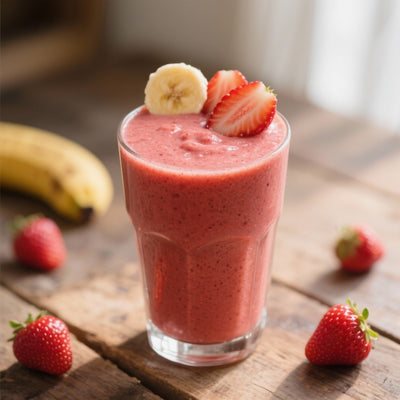Organic Foods: Are They Likely to Contain More Natural Toxins?
Organic food is often perceived as a guarantee of health and purity. We imagine fruits and vegetables free of synthetic pesticides, grown with respect for the environment. But a question, often taboo, deserves to be asked: do organic foods contain more natural toxins than conventional foods? The answer is complex and warrants in-depth exploration. The aim of this article is to separate fact from fiction, drawing on solid scientific data and concrete examples.
We will explore the different types of natural toxins found in food, the reasons why their concentration might be higher in organic products, and the potential health risks. The aim is not to demonize organic farming, but to provide clear and objective information so that everyone can make informed choices.
Natural Toxins: What Are They?
Natural toxins are substances produced by plants, fungi, bacteria, or animals. They can be present in the foods we eat and, in high doses, can be harmful to our health. These toxins are often produced by plants as a defense mechanism against insects, fungi, or herbivores. It is important to note that the presence of natural toxins does not necessarily mean that the food is dangerous. Most toxins are present in small amounts and do not pose a health problem. However, some toxins can be more concerning, especially if they are present in large quantities or if the person consuming them is particularly sensitive.
Why Might Organic Foods Contain More Natural Toxins?
Organic farming, by definition, excludes the use of synthetic pesticides. Faced with attacks from pests and diseases, organically grown plants must therefore activate their own defense mechanisms, which can lead to a greater production of natural toxins. For example, some studies have shown that organically grown potatoes can contain higher levels of glycoalkaloids, toxins that can cause digestive problems if consumed in large quantities. Similarly, organic grains can contain higher levels of mycotoxins, toxins produced by fungi, if storage conditions are not optimal.
"The absence of synthetic pesticides in organic farming can lead to an increase in the production of natural toxins by plants, in response to attacks from pests and diseases."
Synthetic Pesticides vs. Natural Toxins: Which is Less Worse?
The question isn't which is the lesser of two evils, but rather understanding the risks and benefits of each approach. Synthetic pesticides can leave residues in food, with potential long-term health effects. Natural toxins, on the other hand, are naturally present in food, but their concentration may be higher in organic products. It's important to note that both types of substances are regulated, and maximum limits are set to ensure consumer safety. However, it's also important to eat a varied diet and prioritize seasonal produce to limit exposure to any single type of toxin or pesticide.
Examples of Natural Toxins in Food
Here are some examples of natural toxins that can be found in food:
- Glycoalkaloids : Present in potatoes and tomatoes.
- Mycotoxins : Produced by fungi and present in cereals, nuts and dried fruit.
- Lectins : Found in legumes and whole grains.
- Hydrogen cyanide : Present in bitter almonds and fruit kernels.
It is important to note that most of these toxins are destroyed or reduced by cooking.
How to Minimize the Risks Associated with Natural Toxins
Here are some tips to minimize the risks associated with natural toxins:
- Vary your diet : Don't always eat the same foods.
- Choose seasonal produce : It is generally less processed and contains fewer toxins.
- Wash fruits and vegetables thoroughly : This helps to remove some of the toxins present on the surface.
- Cook the food : Cooking helps to destroy or reduce the concentration of certain toxins.
- Store food properly : Improper storage can promote the growth of fungi and the production of mycotoxins.
Organic Food and Natural Toxins: Finding the Balance
Organic food offers numerous health and environmental benefits, but it's important to be aware of the potential risks associated with the presence of natural toxins. By following the advice mentioned above, it's possible to minimize these risks and fully enjoy the benefits of organic farming. Information and moderation are key to a healthy and balanced diet.











